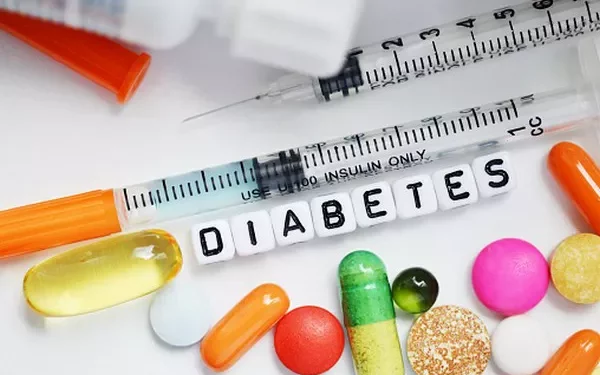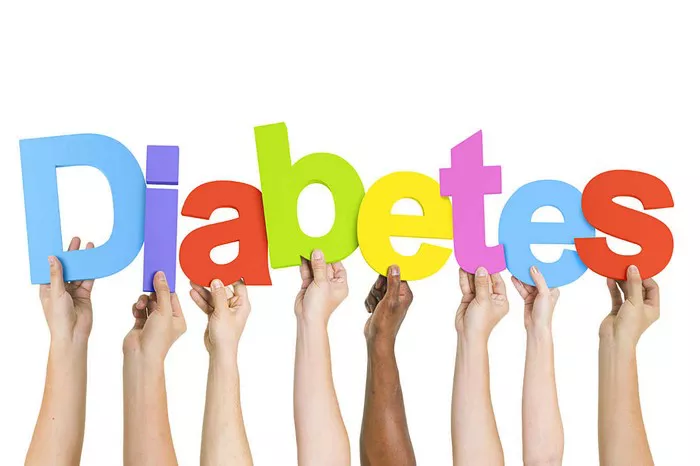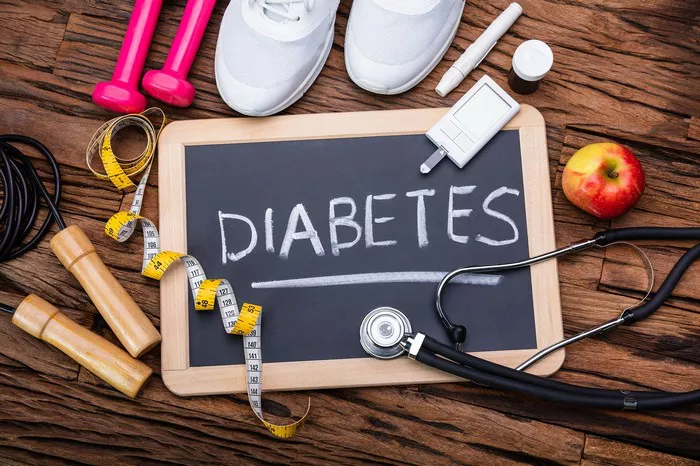Type 1 diabetes is a chronic condition characterized by the body’s inability to produce insulin, a hormone essential for regulating blood sugar levels. Often referred to by various names and descriptors, understanding what type 1 diabetes is known as and its underlying mechanisms is crucial for effective management and treatment. This article delves into the various names and aspects of type 1 diabetes, exploring its definition, the causes, symptoms, and current approaches to treatment.
What is Type 1 Diabetes?
Type 1 diabetes, formerly known as juvenile diabetes or insulin-dependent diabetes, is an autoimmune disease where the body’s immune system attacks and destroys insulin-producing beta cells in the pancreas. This destruction leads to little to no insulin production, which is essential for converting glucose into energy. As a result, individuals with type 1 diabetes must rely on external sources of insulin to manage their blood sugar levels.
Historical Terminology
Juvenile Diabetes: Historically, type 1 diabetes was commonly referred to as “juvenile diabetes” because it often manifests in children and adolescents, though it can develop at any age. This term emphasizes the common age of onset but does not reflect the full scope of the disease.
Insulin-Dependent Diabetes: Another term for type 1 diabetes is “insulin-dependent diabetes.” This name highlights the essential role of insulin therapy in managing the condition, as individuals with type 1 diabetes require lifelong insulin injections or pump therapy to maintain blood glucose control.
Characteristics and Causes of Type 1 Diabetes
Autoimmune Destruction of Beta Cells
At the core of type 1 diabetes is the autoimmune destruction of pancreatic beta cells. These cells are responsible for producing insulin, a hormone that regulates blood sugar levels by facilitating the uptake of glucose into cells for energy production. In type 1 diabetes, the immune system mistakenly identifies these beta cells as foreign invaders and attacks them, leading to their destruction.
Genetic Predisposition: While the exact cause of this autoimmune response is not fully understood, genetic factors play a significant role. Certain genes increase the susceptibility to type 1 diabetes, though having these genes does not guarantee the development of the disease.
Environmental Triggers: Environmental factors, such as viral infections or exposure to certain toxins, may trigger the autoimmune response in genetically predisposed individuals. These triggers are thought to initiate the process that leads to the destruction of beta cells.
Clinical Presentation
Type 1 diabetes often presents with symptoms that can develop rapidly over a few weeks or months. These symptoms include:
Polydipsia (Excessive Thirst): Increased thirst is a common symptom due to high blood glucose levels leading to dehydration.
Polyuria (Frequent Urination): Excess glucose in the urine causes increased urination, leading to further dehydration.
Polyphagia (Increased Hunger): Despite high blood sugar levels, cells cannot access glucose for energy, leading to increased hunger.
Unintended Weight Loss: As the body breaks down fat and muscle for energy due to lack of glucose utilization, weight loss occurs.
Fatigue: Low energy levels and tiredness result from the body’s inability to properly utilize glucose.
Blurred Vision: High blood sugar levels can cause fluid imbalances in the eye, leading to blurred vision.
Diagnosis of Type 1 Diabetes
Diagnosing type 1 diabetes involves a combination of clinical evaluation and laboratory tests. The diagnosis is confirmed through the following methods:
Blood Glucose Testing
Fasting Plasma Glucose Test: Measures blood glucose levels after an overnight fast. A fasting blood glucose level of 126 mg/dL or higher indicates diabetes.
Random Plasma Glucose Test: Measures blood glucose levels at any time of day. A random glucose level of 200 mg/dL or higher, along with symptoms of diabetes, can indicate the condition.
Oral Glucose Tolerance Test (OGTT): Measures blood glucose levels after fasting and two hours after consuming a glucose-rich beverage. A two-hour glucose level of 200 mg/dL or higher indicates diabetes.
Autoantibody Testing
Islet Cell Antibodies: Testing for antibodies against pancreatic islet cells can help confirm type 1 diabetes, as these antibodies are typically present in autoimmune diabetes.
Glutamic Acid Decarboxylase (GAD) Antibodies: GAD antibodies are often present in type 1 diabetes and help differentiate it from other types of diabetes.
C-Peptide Test
The C-peptide test measures the level of C-peptide, a substance produced along with insulin. Low levels of C-peptide indicate reduced insulin production, consistent with type 1 diabetes.
Management and Treatment of Type 1 Diabetes
Insulin Therapy
Since individuals with type 1 diabetes cannot produce insulin, insulin therapy is essential for managing the condition. There are several forms of insulin therapy:
Rapid-Acting Insulin: Acts quickly to control blood sugar levels after meals. Examples include insulin lispro and insulin aspart.
Short-Acting Insulin: Provides a longer duration of action compared to rapid-acting insulin. Regular insulin is an example.
Intermediate-Acting Insulin: Has a slower onset and longer duration. Insulin NPH is an example.
Long-Acting Insulin: Provides a steady release of insulin over a 24-hour period. Insulin glargine and insulin detemir are examples.
Insulin Delivery Methods: Insulin can be delivered via injections using syringes or insulin pens, or through an insulin pump that continuously delivers insulin.
Blood Glucose Monitoring
Regular blood glucose monitoring is crucial for managing type 1 diabetes. This involves checking blood sugar levels multiple times a day using a glucose meter. Continuous glucose monitors (CGMs) provide real-time glucose readings and trends, helping individuals make timely adjustments to their insulin therapy.
Carbohydrate Counting and Diet
A balanced diet and carbohydrate counting are integral to managing blood glucose levels. Carbohydrate counting involves calculating the number of carbohydrates in meals and snacks to adjust insulin doses accordingly. A registered dietitian can provide personalized dietary recommendations and meal planning.
Exercise and Lifestyle Management
Regular physical activity helps regulate blood sugar levels and improves overall health. Exercise can enhance insulin sensitivity and aid in weight management. Individuals with type 1 diabetes should monitor their blood glucose levels before, during, and after exercise to prevent hypoglycemia (low blood sugar).
Education and Support
Education and support play a critical role in managing type 1 diabetes. Diabetes self-management education (DSME) programs provide individuals with the knowledge and skills needed to manage their condition effectively. Support from healthcare providers, family, and support groups can also help individuals cope with the emotional and psychological aspects of living with type 1 diabetes.
Research and Future Directions
Advances in Insulin Therapy
Ongoing research aims to improve insulin therapy and develop more effective treatment options. This includes the development of insulin formulations with more predictable absorption profiles and new delivery methods, such as insulin inhalers.
Artificial Pancreas Systems
Artificial pancreas systems, which combine continuous glucose monitoring with insulin delivery, are being developed to automate insulin delivery and improve blood glucose control. These systems have shown promise in clinical trials and may become a standard treatment in the future.
Immunotherapy and Disease Modulation
Research into immunotherapy aims to modify or suppress the autoimmune response that causes type 1 diabetes. Clinical trials are exploring potential treatments that could preserve or restore beta cell function and potentially prevent or delay the onset of type 1 diabetes.
Gene Therapy
Gene therapy is an emerging field that seeks to correct genetic defects associated with type 1 diabetes. While still in the experimental stages, gene therapy holds potential for long-term solutions to manage or even cure the disease.
See also: What Exactly Is Type 1 Diabetes?
Conclusion
Type 1 diabetes is a complex and challenging condition characterized by the autoimmune destruction of insulin-producing beta cells in the pancreas. Known historically as juvenile diabetes or insulin-dependent diabetes, the condition requires lifelong insulin therapy and careful management to maintain blood glucose levels within a healthy range.
Understanding the terminology, causes, symptoms, and management strategies associated with type 1 diabetes is crucial for both individuals living with the condition and healthcare professionals involved in their care. Advances in research and technology continue to improve treatment options and hold promise for future innovations in the management and potential cure of type 1 diabetes.
For individuals with type 1 diabetes, comprehensive care involving insulin therapy, blood glucose monitoring, dietary management, and lifestyle modifications is essential for achieving optimal health outcomes. Ongoing education and support are also vital in helping individuals navigate the challenges of living with type 1 diabetes and improving their quality of life.
Related topics:
Why Does Liver Failure Cause Hypoglycemia?
























